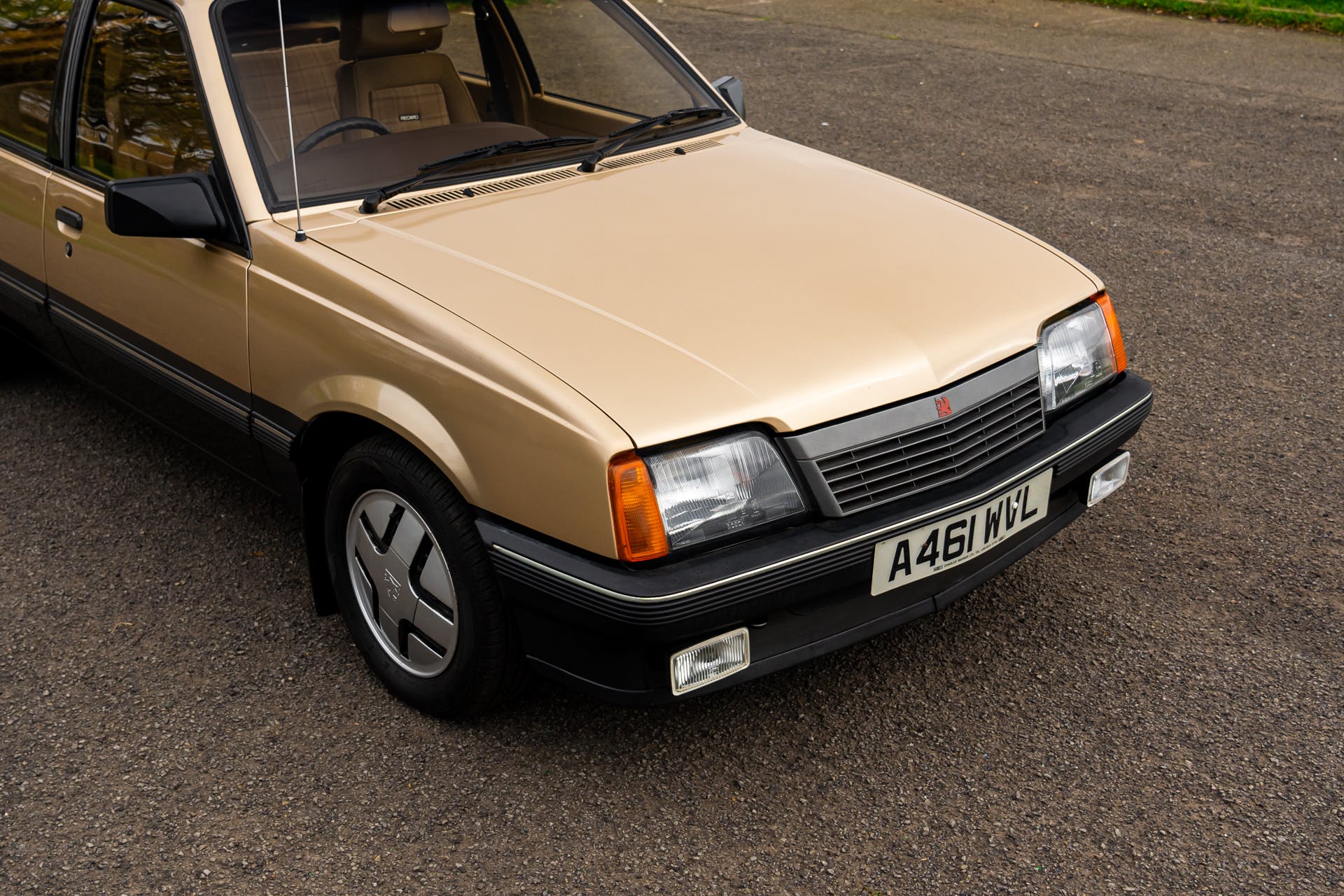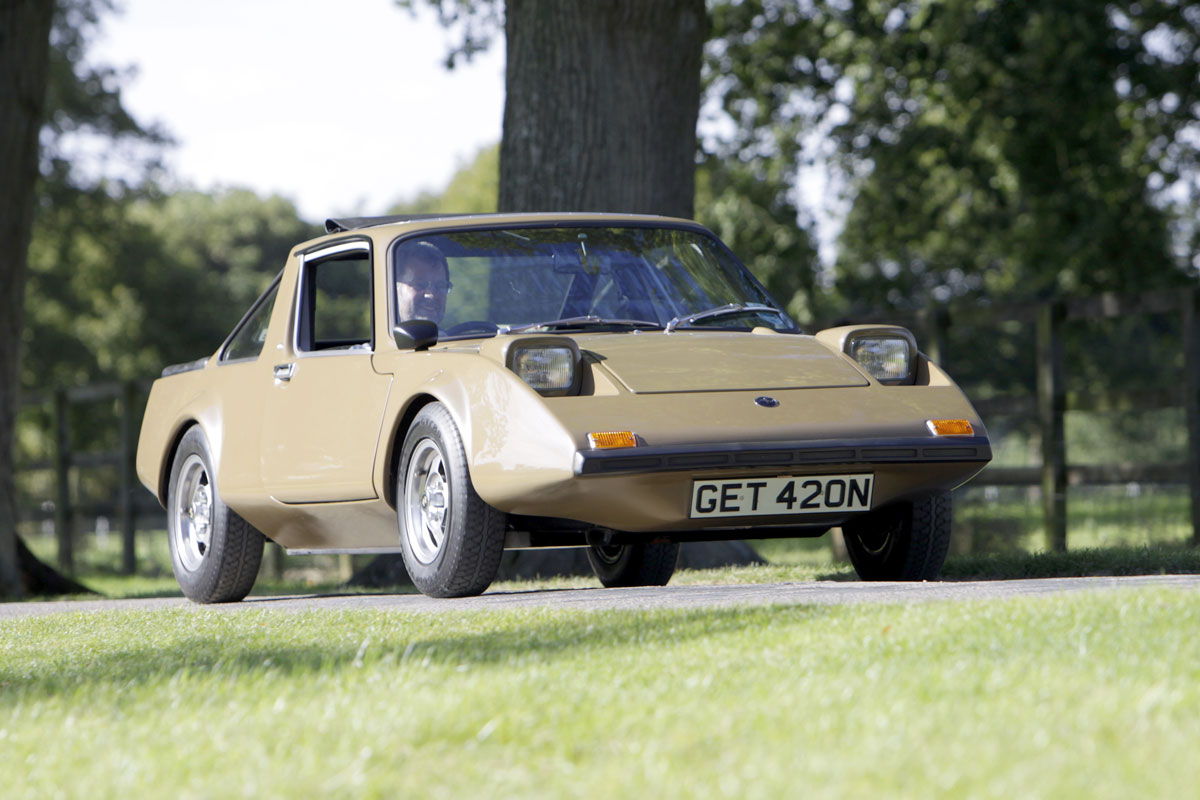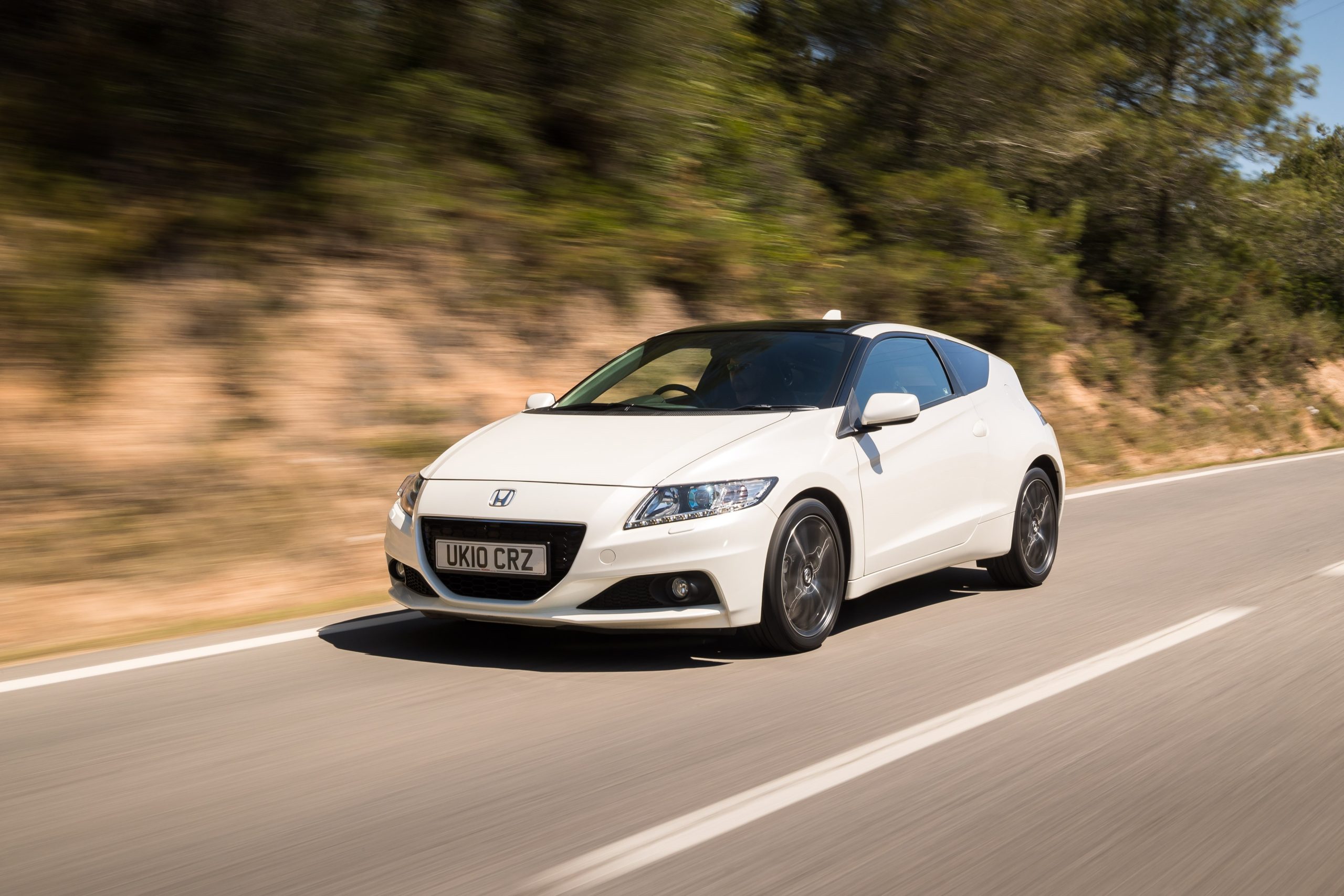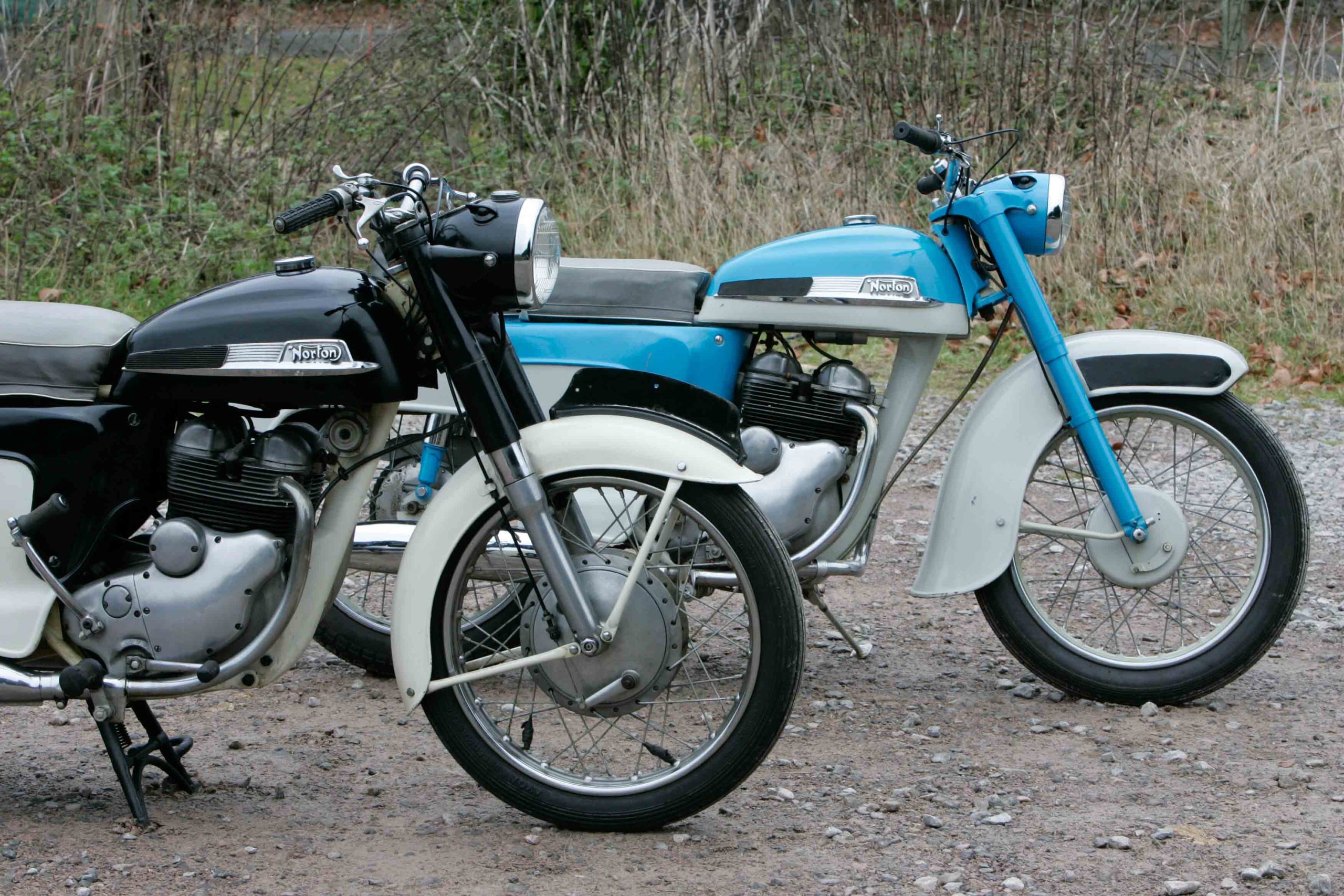Lionsgate Entertainment, purveyors of such films as The Adventures of Sharkboy and Lavagirl 3-D (2005), Larry the Cable Guy: Health Inspector (2006), Bratz (2007), Leprechaun 3: Origins (2014), and all 10 movies in the Saw franchise (2004–23), may just have a new hit on its hands.
Race for Glory, which opens in theaters, on demand, and digitally on January 5, 2024, tells the story of Lancia’s 1983 Group B campaign in the World Rally Championship and the Italian firm’s fierce battle with Audi. With the German carmaker’s introduction of four-wheel drive ushering in a technological turning of the tide within the sport, 1983 represented a last-gasp effort for Lancia and its gorgeous Montecarlo-based, mid-engine, rear-drive 037. Spoiler alert: Lancia claimed the title.

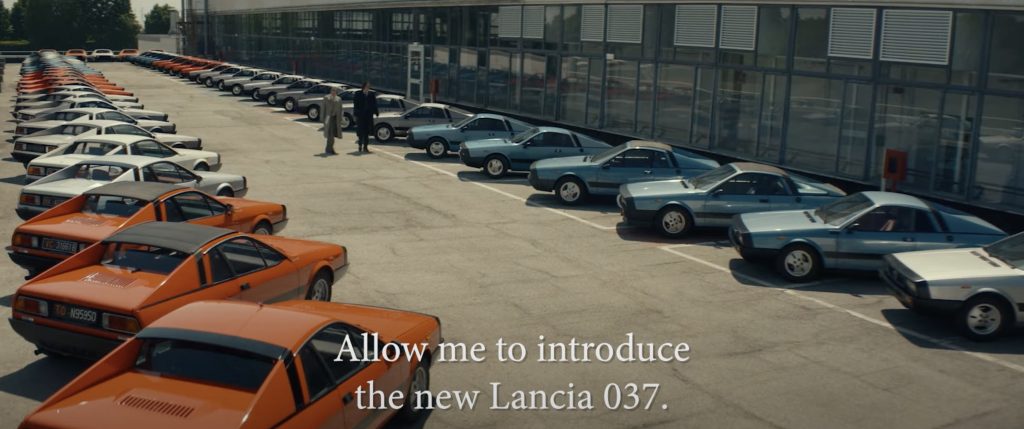
The film stars Riccardo Scamarcio as Lancia team principal Cesare Fiorio, who recruits German ace Walter Röhrl (Volker Bruch) away from the Opel team with which he had won the drivers title only a year before. A skeptical Röhrl, who knows that Audi’s approach is the future, reluctantly agrees to join Lancia. As this is “a true David vs. Goliath story,” you can imagine where it goes from here.
“Against all odds,” reads the teaser accompanying the new trailer, “Lancia battles to regain its former glory with an unbeatable combination of bold innovation and extraordinary courage.” And Walter Röhrl, obviously.… Daniel Brühl, who you’ll recognize from his portrayal of Niki Lauda in Rush, is cast as Audi team boss Roland Gumpert (latterly of Gumpert Apollo fame).
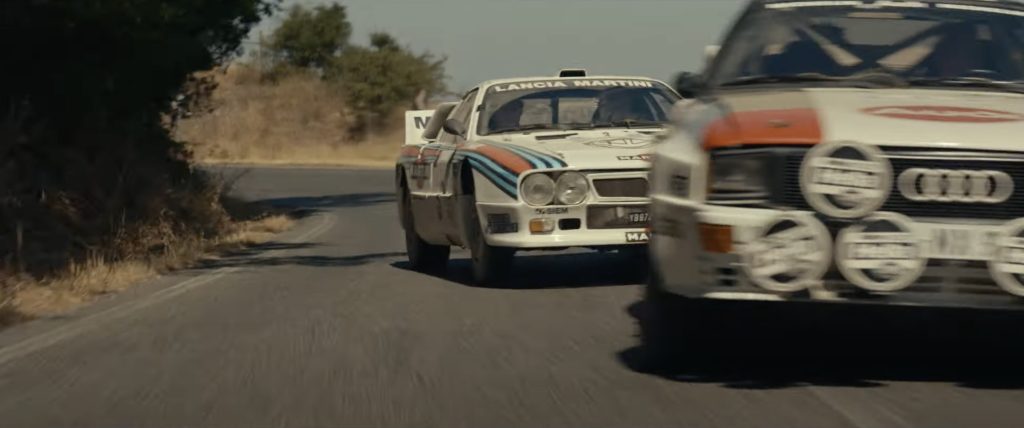
Riding the recent-ish wave of dramatic car stories as told on the big screen that began with 2013’s Rush then continued with Ford v Ferrari (2019), Lamborghini (2022, another Lionsgate joint), and most recently Ferrari (2023), Race for Glory (not to be confused with 1989’s Race for Glory, about an underdog motorcycle racer who takes on the world) aims to translate “the thrill of the road with this action-packed sports drama inspired by true events.” Heady stuff.
The trailer features all the tropes we’ve come to expect from these sorts of films, and car aficionados will likely want to take the racing scenes with a grain of salt, lest we be offended by incorrect engine sounds and the odd untruth. But it’s nice to see rallying get some feature-length love, particularly the controversial Group B era. Ahead of the movie’s release, those interested in seeing the drama of Group B without the gaudy filter of Hollywood should prime themselves with the fantastic documentaries Too Fast To Race and Still Too Fast To Race.

